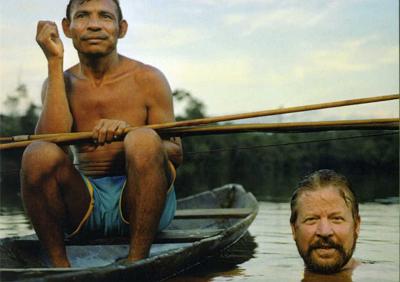OF THE
TIMES
I've had enough of someone else's propaganda. I'm for truth, no matter who tells it. I'm for justice, no matter who it's for or against. I'm a human being first and foremost, and as such I am for whoever and whatever benefits humanity as a whole.
I offer up this "artwork" - assuming the link works: [Link] It has four 4-leaf clovers on shards of mirror with the reflection of a fan and some...
How far are we from repeating Kent State?
This is reminiscent of what happened in German universities in the 1930s. And what was the results of that, JEW? Millions and millions of what you...
“The juvenile bottlenose dolphin was found with "multiple bullets" in its "brain, spinal cord, and heart" So very sad. All life matters of course....
"The Liquidation of Gaza," or whatever you want to call it. (It doesn't look like much of a "war" B/c all war is deception. “It isn't going to...
To submit an article for publication, see our Submission Guidelines
Reader comments do not necessarily reflect the views of the volunteers, editors, and directors of SOTT.net or the Quantum Future Group.
Some icons on this site were created by: Afterglow, Aha-Soft, AntialiasFactory, artdesigner.lv, Artura, DailyOverview, Everaldo, GraphicsFuel, IconFactory, Iconka, IconShock, Icons-Land, i-love-icons, KDE-look.org, Klukeart, mugenb16, Map Icons Collection, PetshopBoxStudio, VisualPharm, wbeiruti, WebIconset
Powered by PikaJS 🐁 and In·Site
Original content © 2002-2024 by Sott.net/Signs of the Times. See: FAIR USE NOTICE

Reader Comments
to our Newsletter